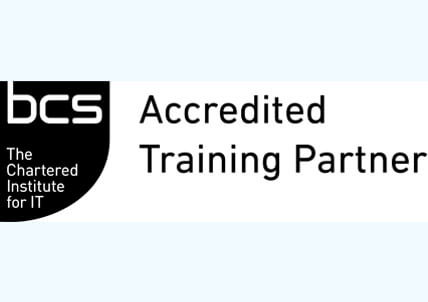• Prior work experience in
Software Development or
Project Management• Basic understanding of systems engineering
• Familiarity with software requirements process
• Exposure to requirement modeling techniques
• Knowledge of requirement analysis, validation and documentation.
• Basic IT skills and proficiency in English.
Professional Certificate in Advanced Requirements Engineering Certification Training Overview
The Professional Certificate in Advanced Requirements Engineering certification training is designed to equip individuals with expert-level skills in defining software requirements. It deepens their understanding of
Business Analysis, detailed requirement specification, and validation, management, and documentation of requirements. The course covers topics such as requirement elicitation techniques, solution assessment, requirement modeling and analysis, stakeholder engagement strategies, and communication skills.
Why Should You Learn Professional Certificate in Advanced Requirements Engineering?
The Professional Certificate in Advanced Requirements Engineering course equips students with a robust and detailed understanding of systems engineering, preparing them for a wide range of high demand, technical roles. Through this course, they gain essential skills such as system thinking, requirement specification, and
Risk Management, increasing their competitive edge in the technology industry.
Target Audience for Professional Certificate in Advanced Requirements Engineering Certification Training
- Software Developers
- Project Managers
- Business Analysts
- Quality Assurance Professionals
- IT Consultants
- Systems Engineers
- Those seeking to improve their skills in requirement engineering
- Individuals aiming for a career in project management or business analysis.
Why Choose Koenig for Professional Certificate in Advanced Requirements Engineering Certification Training?
- Get trained by certified instructors who are seasoned professionals in advanced requirements engineering.
- Boost your career prospects with a professional certificate from Koenig, a top training institute known for excellence in providing IT training.
- Enroll into customized training programs designed to meet your professional needs and schedules.
- Enjoy destination training in some of the popular IT hubs of the world.
- Get quality training at affordable pricing.
- Choose from flexible training dates that suit your convenience.
- Leverage the convenience of instructor-led online training.
- Explore a wide range of IT courses beyond advanced requirements engineering.
- Be assured of quality accredited training that meets global standards.
Professional Certificate in Advanced Requirements Engineering Skills Measured
After completing the Professional Certificate in Advanced Requirements Engineering certification training, an individual can develop skills such as the ability to elicit, analyze, specify, and validate requirements in a complex environment. They will also gain competency in communicating technical content effectively to diverse audiences, identifying and managing risks in requirements engineering, developing cost-effective, timely, and high-quality solutions to meet project requirements, and understanding the balance between needs, resources, and limitations.
Top Companies Hiring Professional Certificate in Advanced Requirements Engineering Certified Professionals
Companies like Oracle, IBM, Microsoft, and Amazon are at the forefront of hiring Advanced Requirements Engineering certified professionals. These companies value the certified individual's ability to identify, articulate, and document complex requirements in the design and development process. They also appreciate their expertise in managing and addressing risks, and improving overall quality.
Learning Objectives - What you will Learn in this Professional Certificate in Advanced Requirements Engineering Course?
The learning objectives of a Professional Certificate in Advanced Requirements Engineering course are to enable participants to master advanced techniques and strategies for collecting and managing requirements. Students will learn how to elicit, analyze, validate, and document functional and non-functional requirements. They will gain skills in using advanced modeling techniques to visualize and simplify complex processes or structures. By the end of the course, participants should be able to manage requirements changes effectively and understand the impact of these changes on the project. They will also learn how to communicate requirements clearly to all stakeholders.
